Built in collaboration with Stanford University and the Royal Danish Library, EDINA established the Entitlement Registry as an intuitive service that captured an accurate and up-to-date view of historic journal entitlements.
The challenge
The main challenge in this project was creating a platform that accepts data uploads from a number of different institutions, all with their own templates. We undertook a number of mapping exercises to ensure the greatest possible flexibility for librarians.
The system collated data from both libraries and publishers, presenting it in an easy-to-view format and increasing team productivity with a number of workflow tools.
What we delivered
The Entitlement Registry allowed higher education libraries to:
- Discover publisher entitlement records. Librarians can access institutional entitlement records supplied directly from publisher systems
- Upload library entitlement records and compare library and publisher supplied data
- Agree a shared view of entitlement with publishers, based on transparent data Build an authoritative record, with confidence that they can rely upon those perpetual access rights when needed
International insights
We ran an international survey with librarians during July 2018, mapping concerns around perpetual access rights and entitlement tools.
Our research confirmed:
- 87.4% of respondents reported that their current entitlement process is Difficult or Very Difficult.
- 88.6% showed very strong support for a tool that delivered ‘Centralised access to entitlement information from publishers’ and
- 65.8% showed strong support for ‘a single place to upload and keep Entitlement records’
In 2019, we ran a test and learn phase with a pilot Entitlement Registry application for a small group of UK HE Library representatives:
The feedback was positive – the tool was intuitive and easy to use, and our testing identified a small number of service enhancements to make it even simpler. The group was keen to have access. “How soon will this be available for use?” responded one pilot user. In 2021, the Royal Danish Library (Det Kongelige Bibliotek) approached Edina about their project to put together a country-wide e-preservation network using LOCKSS. They wanted to extend Entitlement Registry to provide a record of post-cancellation access that is queried through LOCKSS. In 2022 we delivered this service to them, with the Entitlement Registry now supporting:
- User amendment tools
- LOCKSS API connection
- KBART file upload
This service was in use by 24 institutions in Denmark, tracking journal rights and access.
